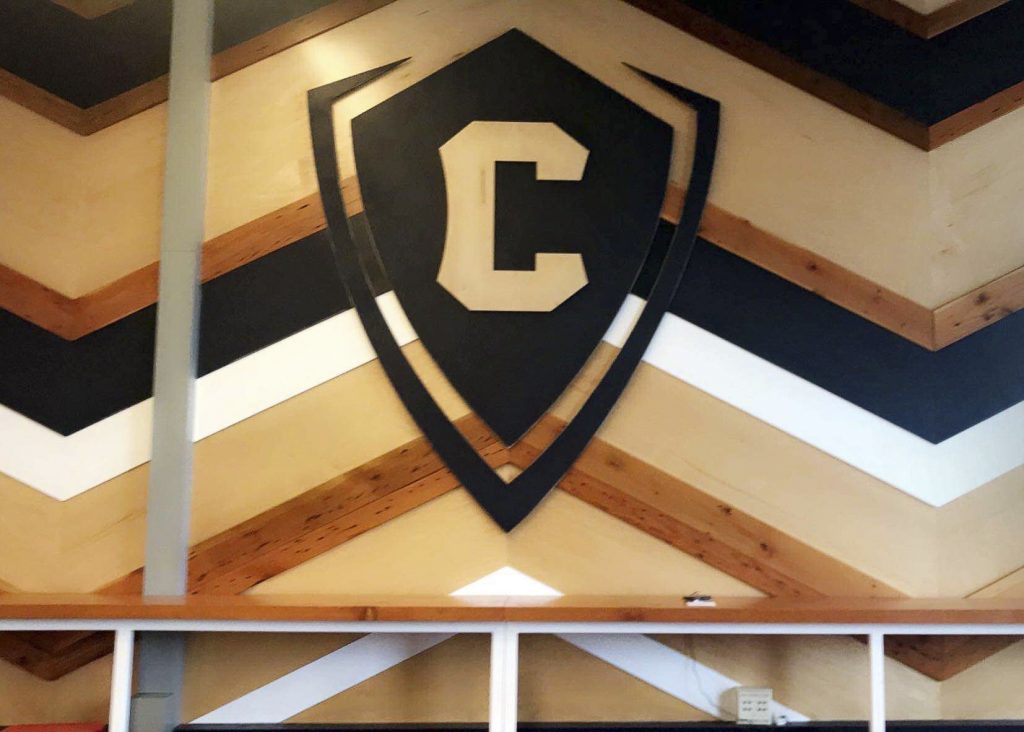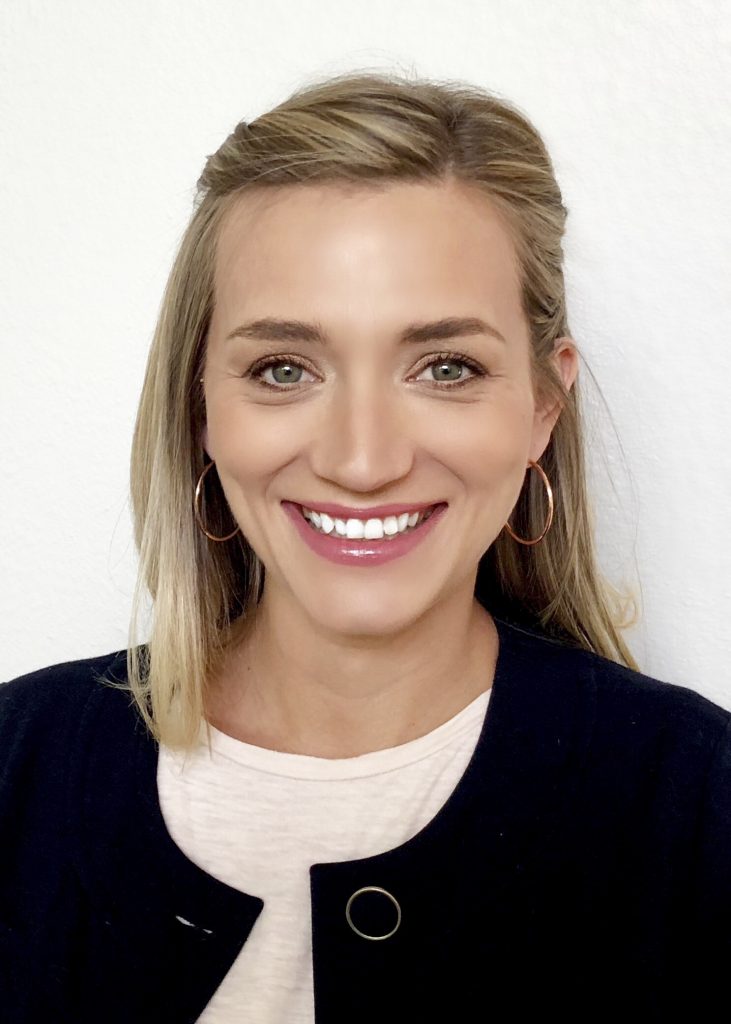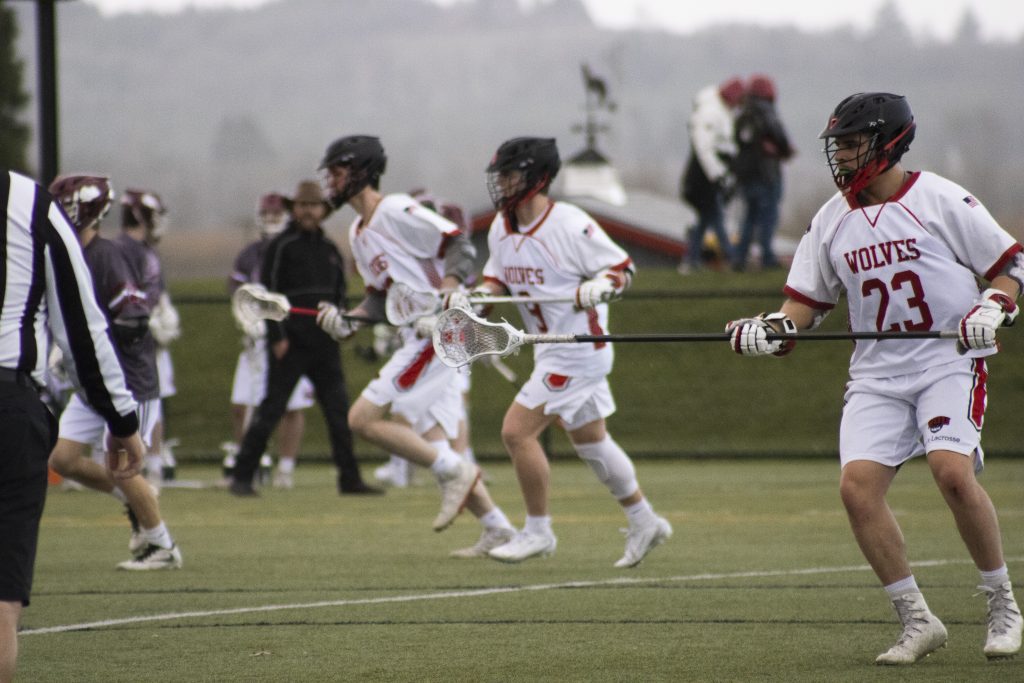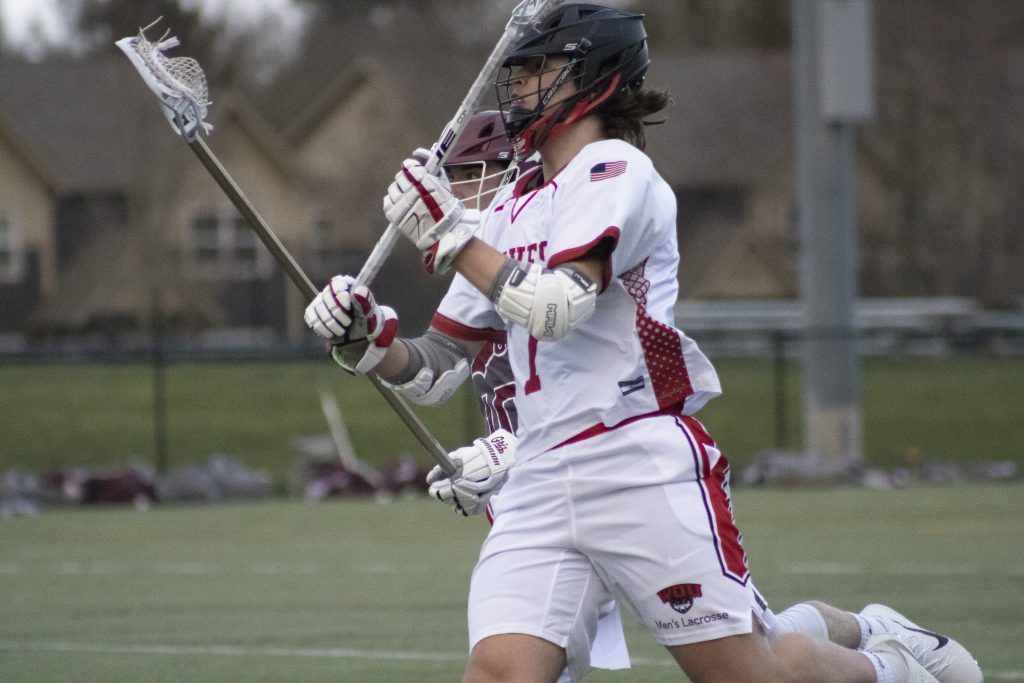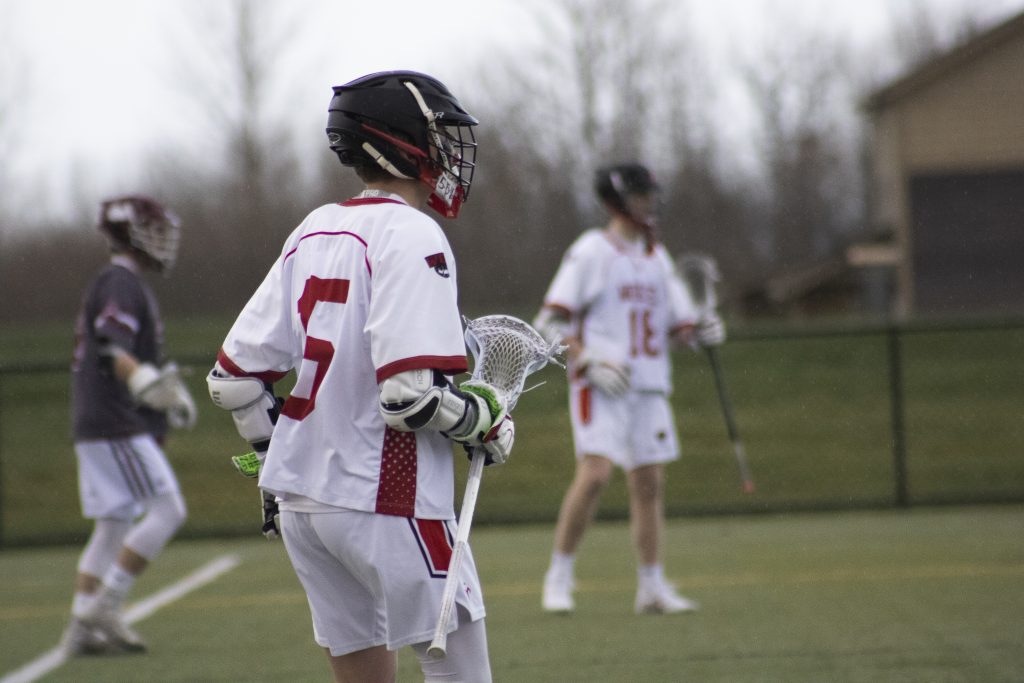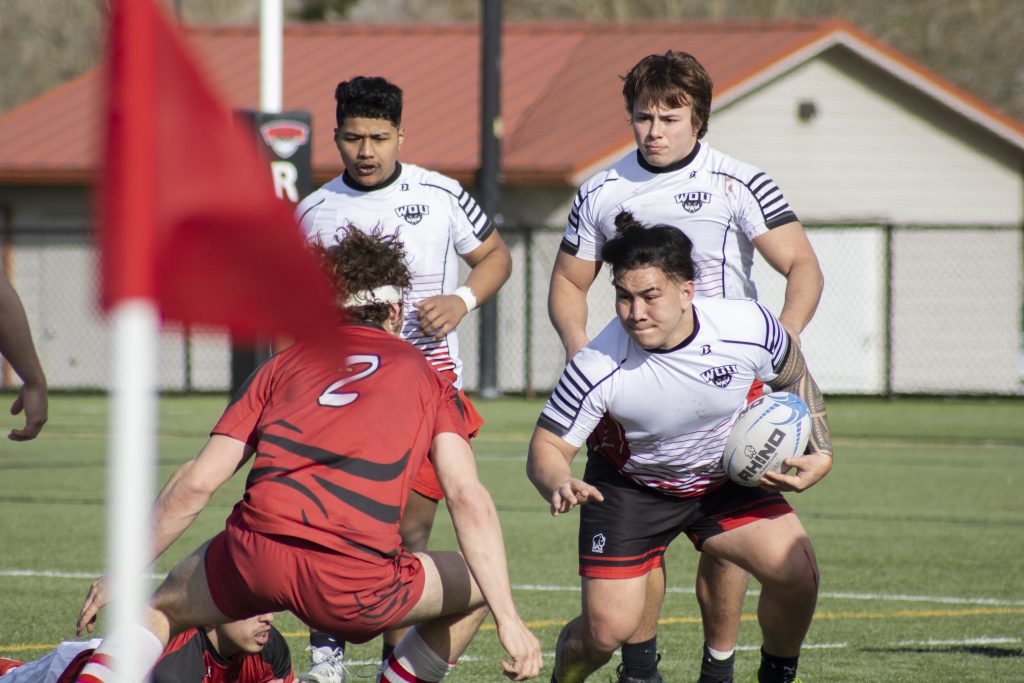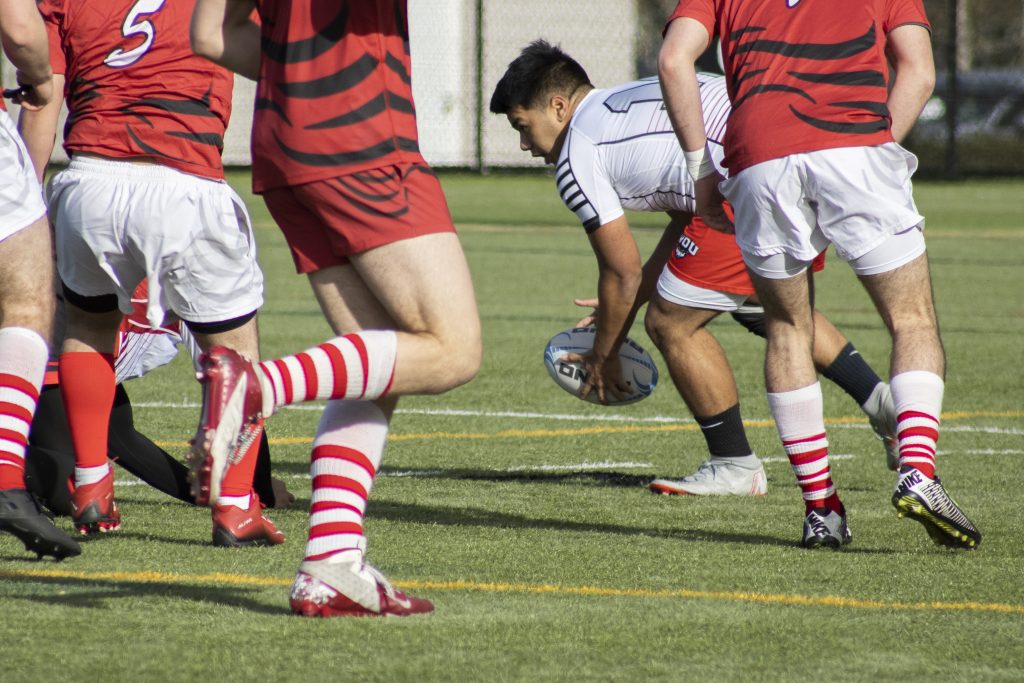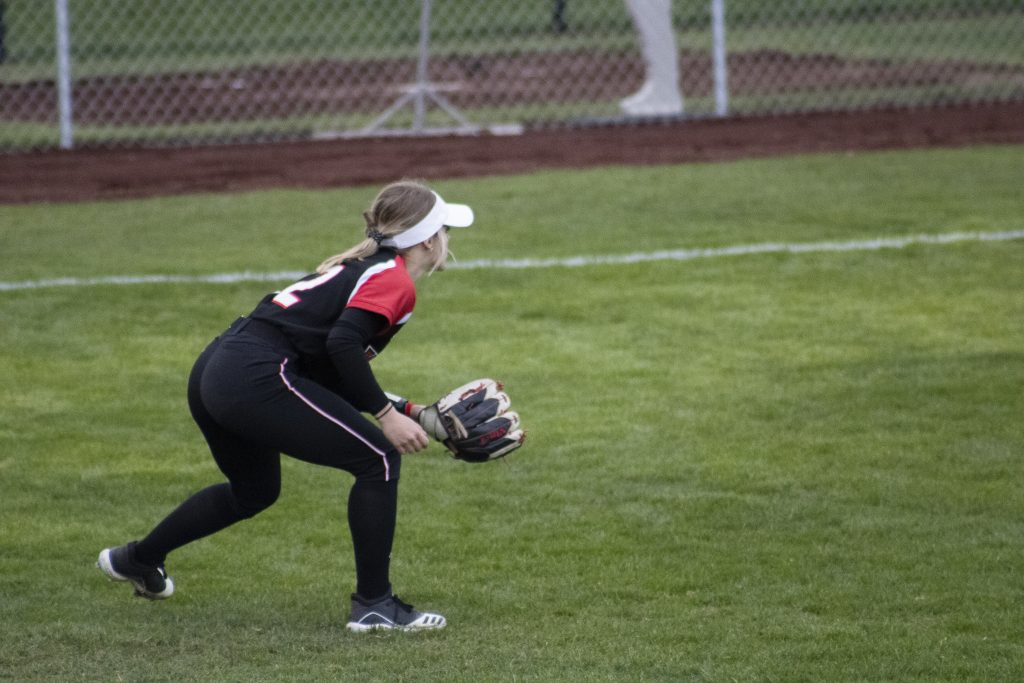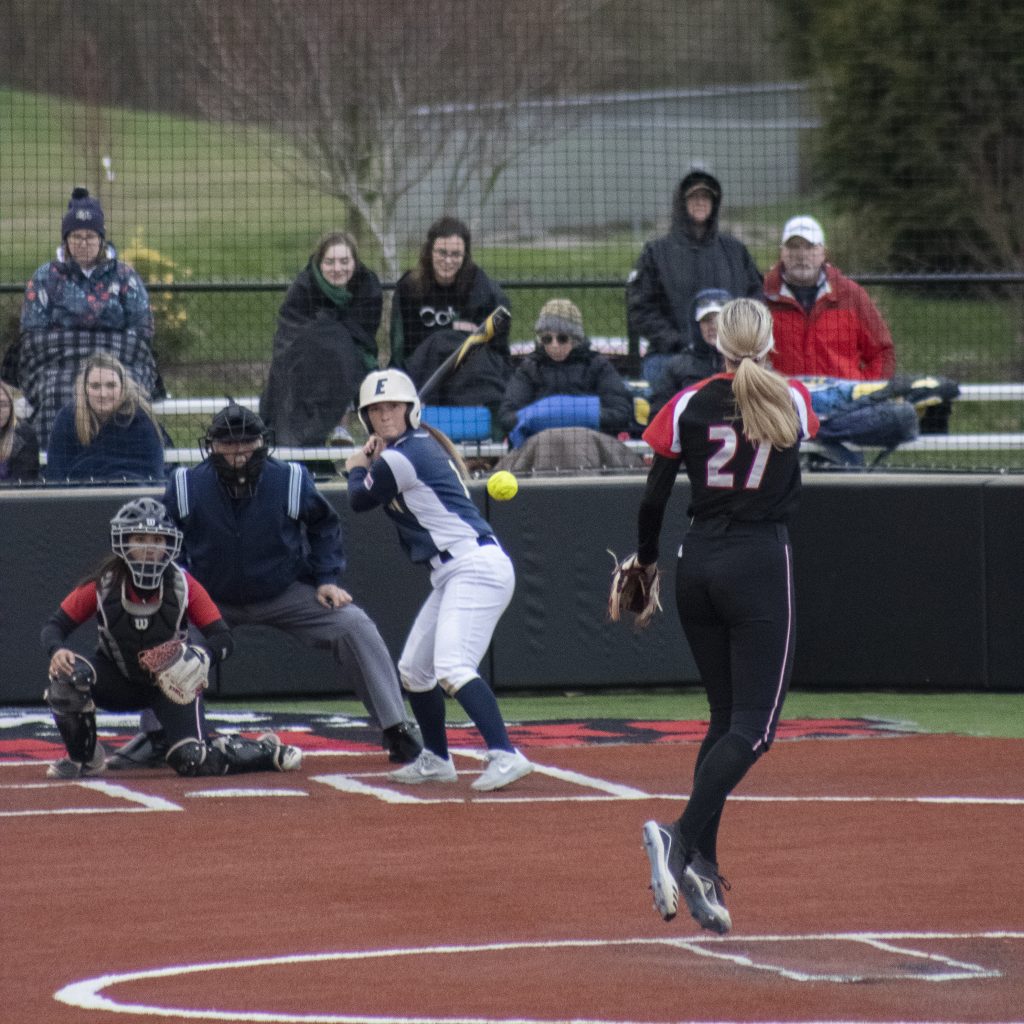Never Retallack | Entertainment Editor
While some like to spend Valentine’s with their partner on a romantic date, a challenging hike or a mini vacation, one thing that’s a crowd pleaser — whether single or taken — is a movie night. Romantic comedies are easy to follow and have a typical plot; tragic love movies also follow the same concept. Get comfy and watch a film from the lists below.
Classics
“Pretty Woman” (1990) (Amazon)
“Sleepless in Seattle” (1993) (Amazon)
“Ghost” (1990) (Hulu & Amazon)
“Titanic” (1997) (Amazon)
“Casablanca”(1942) (Amazon)
“While You Were Sleeping” (1995) (Disney + & Amazon)
“When Harry Met Sally” (1989) (Amazon & Hulu)
“Breakfast at Tiffany’s” (1961) (Amazon & Hulu)
“Never Been Kissed” (1999) (Disney + & Amazon)
“The Princess Bride” (1987) (Amazon)
“10 Things I Hate About You” (1999) (Disney + & Amazon)
“My Best Friend’s Wedding” (1997) (Amazon & Hulu)
Modern
“About Time” (2013) (Netflix & Amazon)
“To All the Boys I’ve Loved Before” (2018) (Netflix)
“Call Me By Your Name” (2017) (Amazon)
“Crazy Rich Asians” (2018) (Hulu & Amazon)
“Love, Simon” (2018) (Amazon)
“Twilight” (2008) (Hulu & Amazon)
“50 First Dates” (2004) (Amazon)
“Amelie” (2001) (Hulu)
“P.S. I Love You” (2007) (Netflix & Amazon)
“Hitch” (2005) (Netflix & Amazon)
“Brokeback Mountain” (2005) (Hulu & Prime)
“A Walk to Remember” (2002) (Amazon)
“Sweet Home Alabama” (2002) (Amazon)
“Alex Strangelove” (2018) (Netflix)
“Monster-In-Law” (2005) (Netflix & Amazon)
“The Fault in Our Stars” (2014) (Amazon)
“Love Rosie” (2014) (Netflix & Amazon)
“Burlesque” (2010) (Netflix & Amazon)
“Blue is the Warmest Color” (2013) (Netflix & Amazon)
Horror
“My Bloody Valentine” (1981) (Amazon)
“Valentine” (2001) (Amazon)
“The Strangers” (2008) (Amazon & Hulu)
“The Love Witch” (2016) (Amazon)
“Bride of Chucky” (1998) (Amazon & Hulu)
“Bride of Frankenstein” (1935) (Amazon)
“Warm Bodies” (2013) (Amazon)
“Crimson Peak” (2015) (Amazon)
“Pride and Prejudice and Zombies” (2016) (Hulu & Amazon)
“Let the Right One In” (2008) (Amazon)
“Sweeney Todd the Demon Barber of Fleet Street” (2007) (Netflix)
“A Girl Walks Home Alone at Night” (2014) (Amazon)
“Sleepy Hollow” (1999) (Amazon)
“Corpse Bride” (2005) (Amazon)
“Nightmare Before Christmas” (1993) (Amazon & Disney +)
“Edward Scissorhands” (1990) (Amazon)
“Queen of the Damned” (2002) (Amazon)
“Bram Stoker’s Dracula” (1992) (Amazon)
Contact the author at howlentertainment@wou.edu


